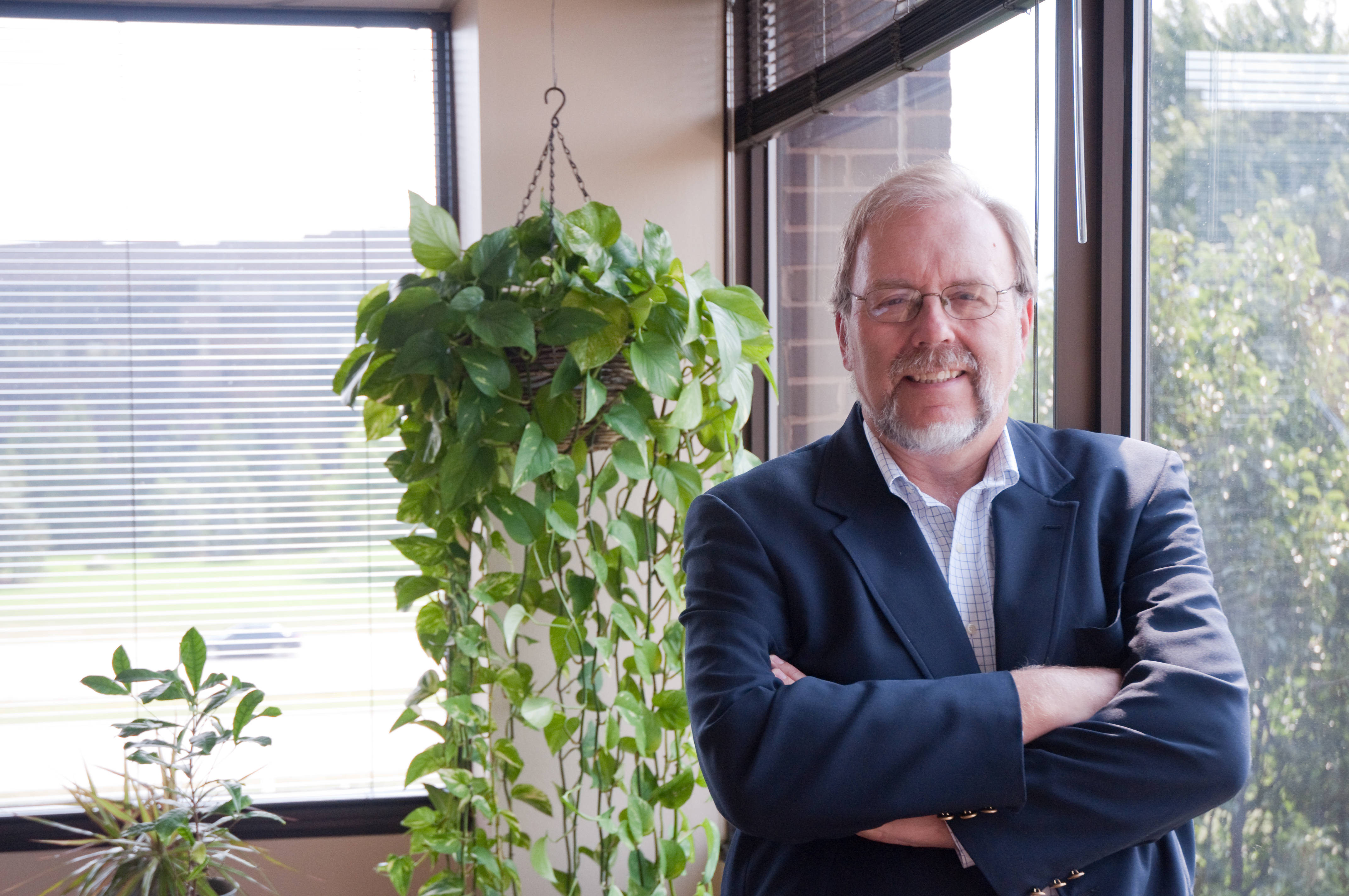With two funds dedicated to food and agriculture technologies under its belt and nearly $200 million assets under management, Cultivian Sandbox is one of agtech’s most established venture capital backers.
While most of its investments sit within the agriculture technology sphere, the firm has also made two investments into food technology: Allylix, the flavouring and fragrance tech company, which was acquired by healthy ingredients company Evolva last year, and sample6, a food safety technology provider.
AgFunderNews recently had the opportunity to talk to Andy Ziolkowski, co-founder and managing partner of the firm, about the firm’s wider interest in food technology ahead of the Future Food Tech event in London in November, where he is due to speak.
Why have you focused on food safety and ingredients companies so far within food tech?
I think for us food safety has been something we’ve been looking at for many years. There has been a need for newer technologies to address food borne diseases. The lower cost of semi-conductors – highlighted by Moore’s Law – has driven down the cost of certain technologies critical to the space and enabled the application of these technologies to food processing areas. The other area within food safety that we’re keen on is traceability – and that’s been driven in part by consumer needs. Consumers are looking to identify where their food is coming and given the tech available today, broadly speaking you can identify where a certain head of lettuce was grown, when it was picked, and when certain chemicals or things have been applied to it.
Novel ingredients have always been of interest for us and our partners from the Sandbox side of the house; Nick Rosa in particular was instrumental in launching NutraSweet and clearly understands what it takes to get new products like this into the marketplace, which is important.
What other areas of food tech are you looking at? Do you have any interest in alternative proteins?
We are looking at alternative protein and have probably spent most of our time looking at plant-derived products, particularly soy, as far as due diligence is concerned. We’ve yet to place a bet on these areas, but we think consumer trends are driving this sector and will cause it to grow over time. I expect we will make a bet sometime in Fund II or Fund III.
What about alternative protein from insects?
We’ve looked at them too. Crickets and other insects have a large market in the less developed world, but we believe that, again like soy-derived alternative protein products, this area will grow over time. We remain keenly interested.
There has been a fair amount in the press about regulating this subsector – mostly around labeling. Is this a concern as an investor? Could egg and meat alternatives be margarine 2.0?
That’s a great question. It’s a risk factor that we take into consideration: it’s evolving. And in the US, there’s been greater emphasis on labeling than elsewhere. So how regulations evolve over time is something that will probably dictate our level of investment in the area. At this point we haven’t made any investments. I think for us, how the FDA and USDA look at this over time will be a big factor.
There are definite risk factors. Do we want to make an investment given that there’s still a high degree of uncertainty around the regulatory pathway? That’s a major question we ask ourselves and we are keenly aware of it. Regulations can change the time to market and the costs associated with a technology and that’s a big issue for us. Will the regulatory path be short or long and how costly will it be? And how much investment will a company have to make in conducting trials to satisfy different regulations?
What fund are you currently investing out of, how big is it and how close are you to full deployment?
We are currently investing out of Fund II, which held a final close on $115 million in February. We have made 10 investments so far.





